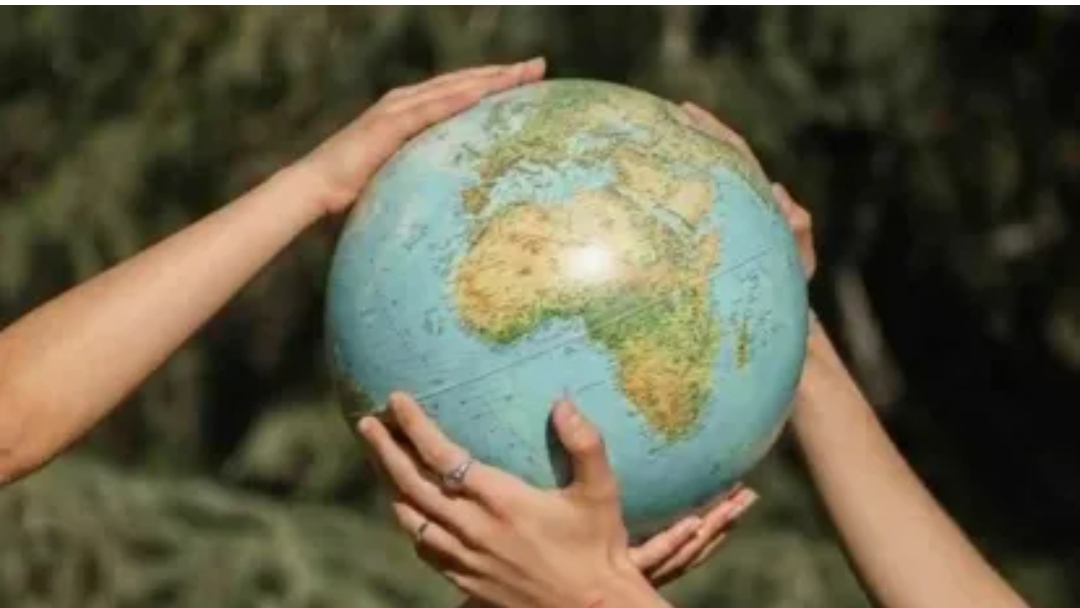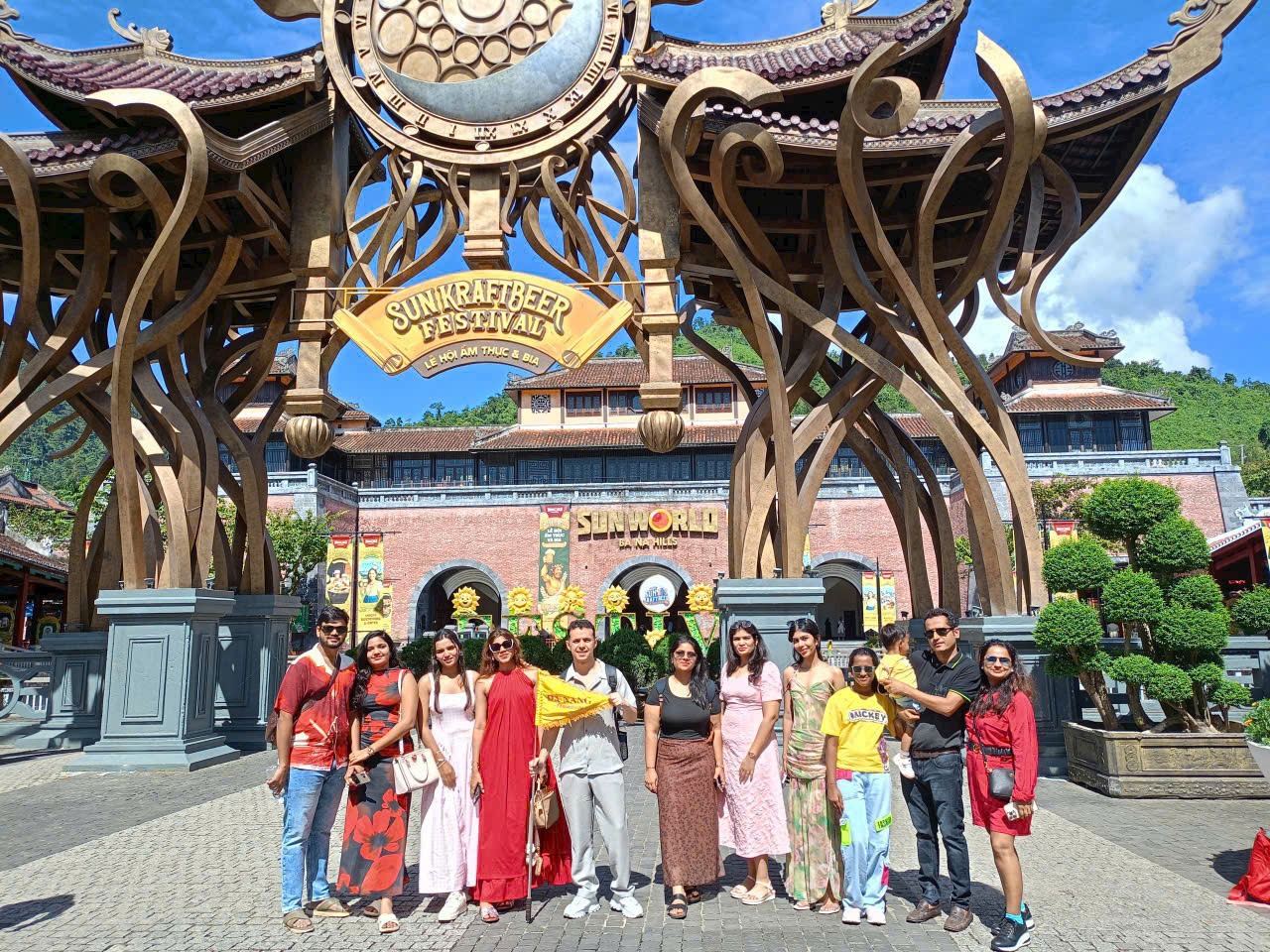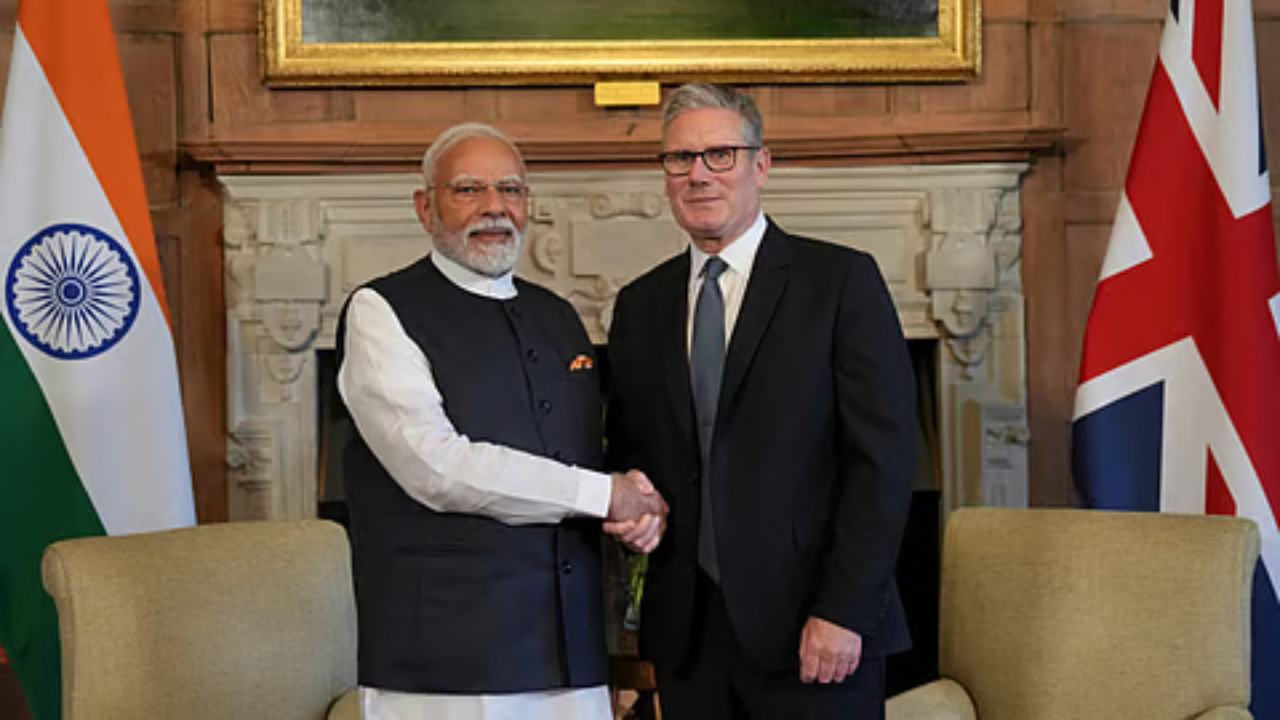These issues are being discussed for the first time at the COP and various proposals will be discussed and negotiated in the coming days to reach common ground. Maybe none of them will come to a final decision.
Tripling renewable energy capacity, phasing out fossil fuels and reducing methane emissions targets all appear in the first draft negotiating text at the COP28 climate conference.
These three questions are among the most closely watched and controversial issues to be decided at the conference.
These issues are being discussed for the first time at the COP and various proposals will be discussed and negotiated in the coming days to reach common ground. Maybe none of them will come to a final decision.
Fossil fuels account for nearly 80% of global emissions, yet eliminating them has never been part of the climate conference agenda. Its phasing out was first mentioned at the 2021 Glasgow conference.
Assessments from the International Energy Agency show that if global renewable energy capacity increased from about 3,400 GW today to about 11,000 GW by 2030, it would avoid an average of nearly a billion tons of greenhouse gas emissions. equivalent carbon dioxide emissions per year. This is higher than other climate actions taken by other countries are expected to be achieved together by 2030. The tripling of renewable energy has received widespread support from countries. G20 countries backed it at the New Delhi summit in September and more than 120 countries backed it by pledging at COP28. However, that doesn’t mean it’s a done deal. Decisions at COP meetings are made by consensus, and one country can even block the entire deal.
Reducing methane emissions is a much more controversial issue, one that countries like India are completely opposed to. Methane is many times more powerful than carbon dioxide in its ability to cause global warming because it only exists in the atmosphere for a few years, unlike carbon dioxide which exists for hundreds of years. One of the largest sources of methane emissions is agriculture and livestock, sectors that are extremely protected by India and other countries. In Glasgow, more than a hundred countries pledged to reduce methane emissions by 2030, but this decision was outside the COP process.
A rapid and sustained phase-out of coal-fired power this decade as well as an immediate end to licensing of new coal-fired power generation, which is also one of the proposals in the draft text, is also needed. hotly debated.
Countries must present final results before December 12, the last day of the conference.
For more information visit at https://happenrecently.com/zepto/?amp=1















